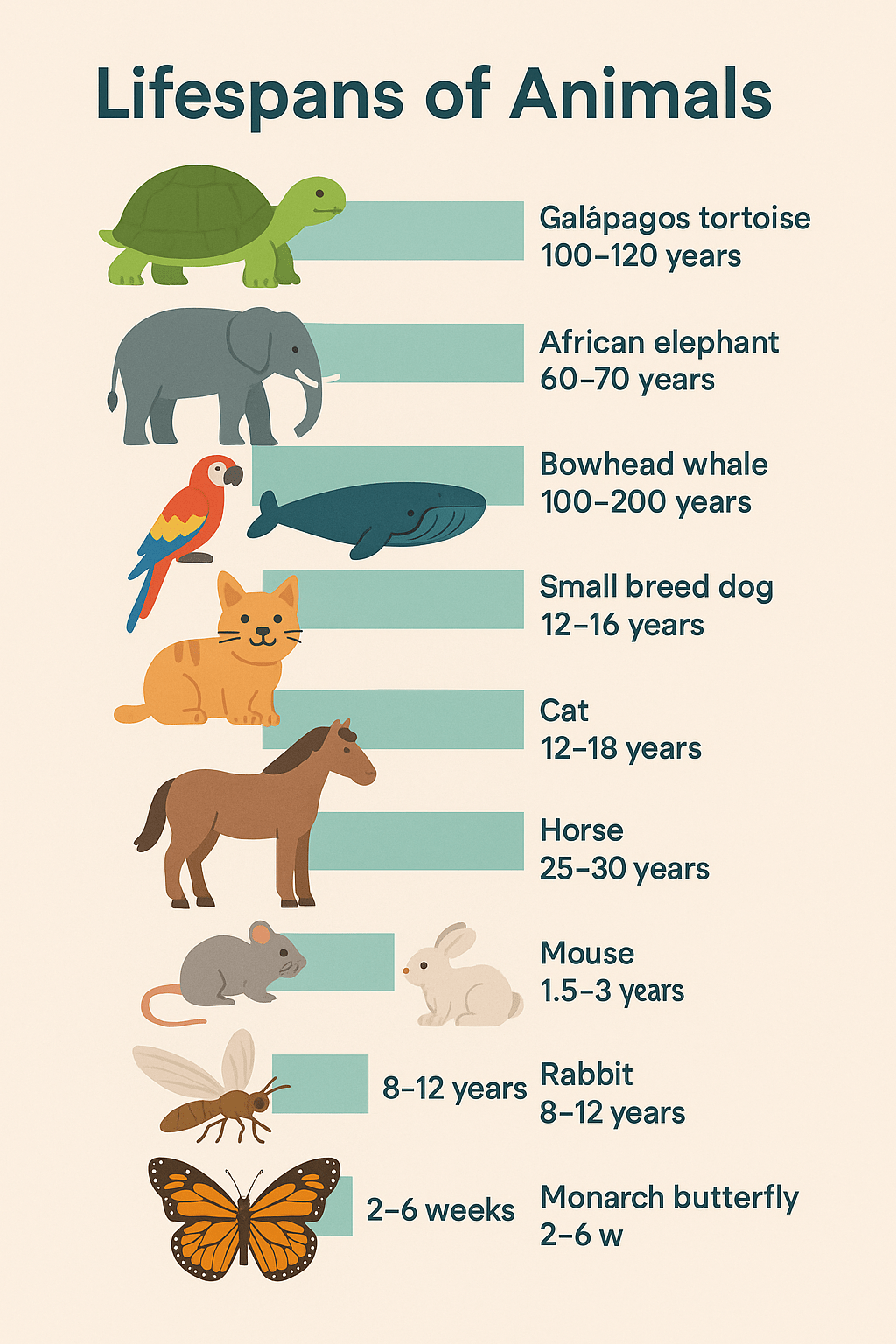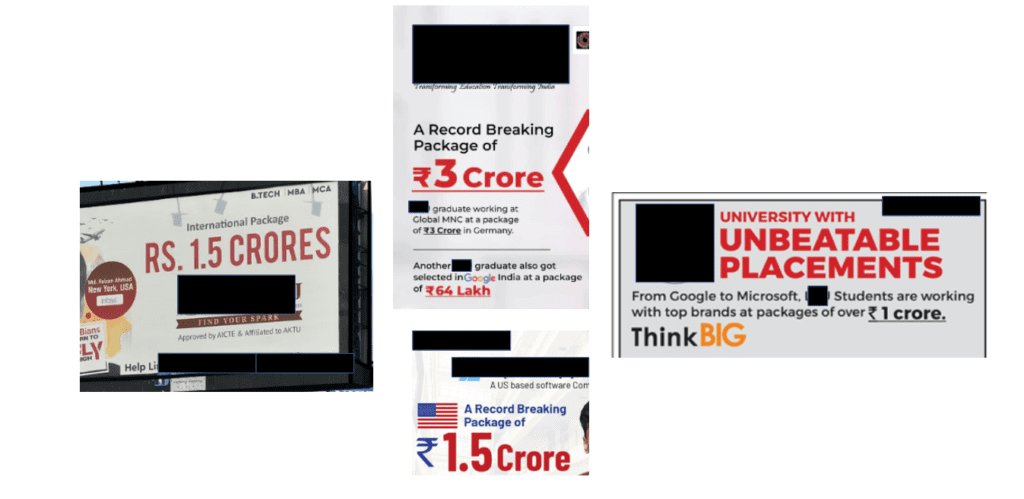
Universities: Flawed Marketing Strategies Reliant on Gimmicky Packages

Glimmer or Mirage? Why “Black Ads” Are Ruining the Indian Higher Education Landscape
Flashy advertisements plastered across billboards and online platforms paint a rosy picture of Indian universities. These “Black Ads,” as they’re known, trumpet the astronomical placement packages secured by a select few graduates. But beneath the glossy veneer lies a deceptive reality, one that’s eroding the foundation of higher education.

Universities wield these “Black Ads” like shiny lures, dangling the promise of exorbitant salaries to attract students and their families. It’s a marketing tactic that exploits ambition, preying on the desire for a secure future. While the strategy might garner initial interest, it sets a dangerous precedent.
The problem? These ads showcase outliers, not the norm. The reality is that only a tiny fraction of students land those dream placements. This creates a distorted benchmark, leading students to believe such success is not just achievable, but expected. The pressure to excel becomes immense, morphing into a relentless pursuit of that elusive high-paying job.
The consequences are far-reaching. Students burdened with unrealistic expectations experience heightened stress and anxiety. The fear of falling short takes a toll on mental well-being, breeding feelings of inadequacy and self-doubt. When the promised land doesn’t materialize, it leads to disillusionment and resentment towards the institution. This dissatisfaction can manifest as academic disengagement, further hindering their potential.
Worse yet, the focus on astronomical salaries overshadows the true purpose of higher education. Universities are meant to nurture well-rounded individuals, not just churn out high-earning graduates. The emphasis should be on holistic development – critical thinking, communication skills, and the ability to adapt in a dynamic world. These skills, not just a hefty paycheck, are the true currency of success.
The responsibility lies not just with universities but also with government authorities and society at large. Educational institutions need to adopt a more transparent marketing approach. Focus on showcasing the overall learning experience, faculty expertise, and diverse career opportunities available to graduates. Let students make informed choices based on their individual strengths and aspirations.
Government should consider regulations that encourage ethical marketing practices in the education sector. This could involve mandating universities to disclose average placement packages alongside the highest ones. Additionally, promoting career counseling services within institutions can equip students with realistic career expectations and guide them towards their true potential.
Ultimately, a shift in societal mindset is crucial. Parents and guardians need to move beyond the allure of immediate financial success. Instead, emphasize the value of a holistic education that empowers students to navigate their careers with confidence and resilience.
The Indian education system deserves better than the mirage peddled by “Black Ads.” By prioritizing genuine education and fostering realistic expectations, we can create a future where students are empowered, not misled, and where universities are valued for nurturing minds, not inflating salaries. Let’s navigate away from the shimmering mirage and towards the solid ground of a well-rounded education, one that sets students on the path to a fulfilling and successful future.
Hello, I am Aman (: Full Time Traveler :) At the age of 41, in April 2023, fueled by my love for travel and the determination not to remain fixed like a tree, I embarked on a bold journey. Having dedicated 17 years to a corporate job, I chose to transition from a full-time employee to a full-time traveler, driven by the desire to break free from the routine and constraints of a conventional life. Along the way, I not only explored the wonders of travel but also uncovered the transformative power of financial freedom. I realized how it could liberate me to lead a life teeming with adventure, purpose, and fulfillment. Through my blogs, I am passionately sharing my story, aiming to inspire and provide valuable guidance to those, like me, who aspire to weave travel into a life overflowing with limitless possibilities.






















Post Comment
You must be logged in to post a comment.